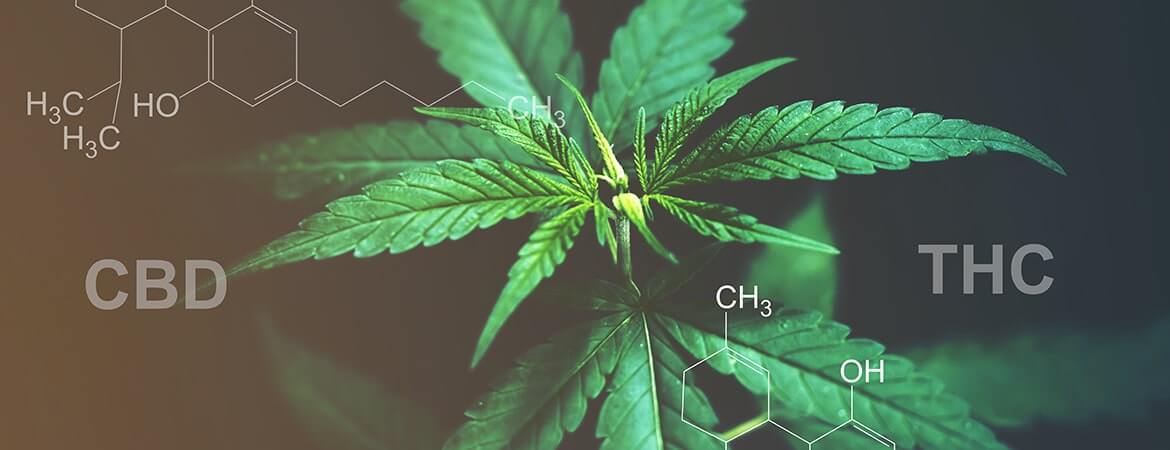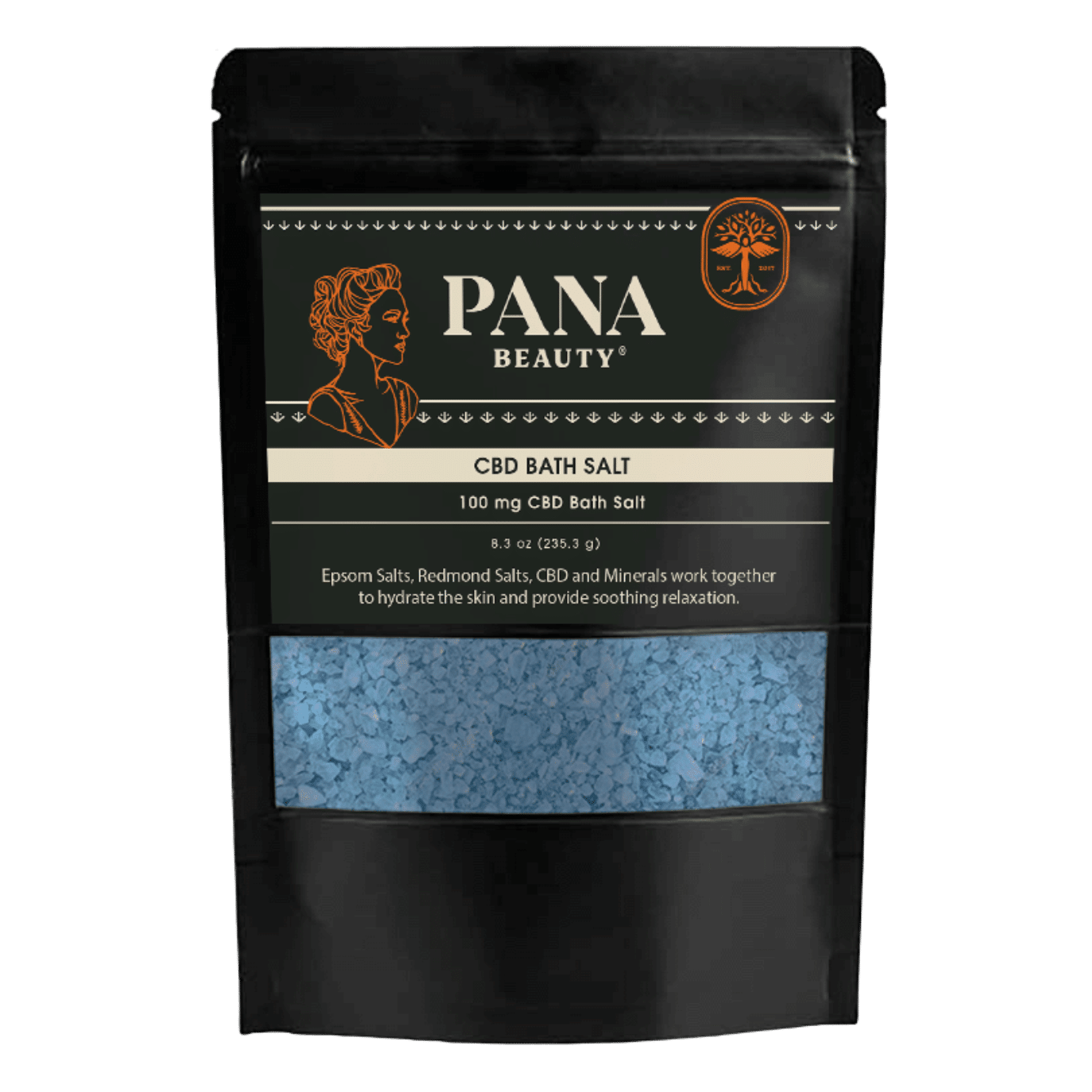What does CBD do? What does CBD stand for? Cannabidiol, or CBD, is a chemical compound found in the Cannabis sativa plant. Initially discovered in 1940, cannabidiol is a phytocannabinoid (the chemical compounds naturally found in Marijuana and Hemp plants). Despite this fact, CBD does not create any psychological effects, unlike the cannabinoid THC. Out of the 113 or more cannabinoids found in Cannabis plants, cannabidiol accounts for approximately 10-15% of the plants’ extract.
Clinical research has been investigating the positive health benefits of CBD, finding that CBD could be used to ease or remedy the symptoms of common health issues like anxiety, depression, acne, and heart disease. It may even stand as a natural alternative for pain and symptom relief when dealing with cancer.
It’s no wonder that CBD has swept through the American consumer market. Google trends and search data have proven that CBD is gradually becoming a household name. Everyone wants to know about CBD, from what it can do, its safeness for use, and the total extent of its effects. This article aims to answer some of these common questions while also discussing current scientific data on CBD use.
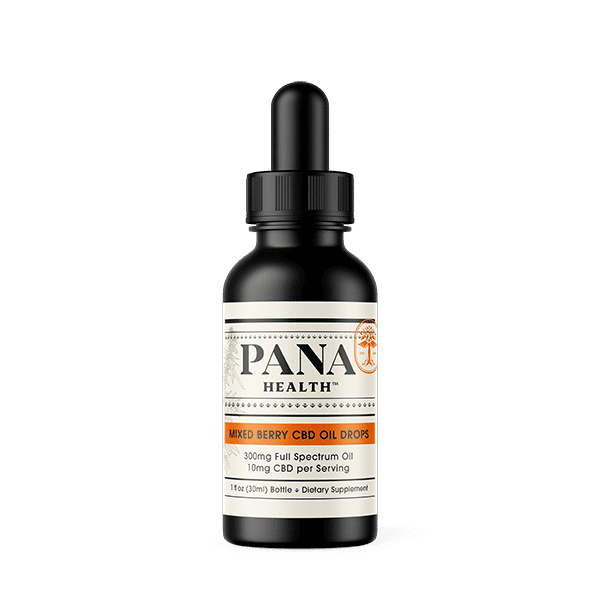
Does CBD oil make you high?
The most common misconceptions about CBD are based on the question, “Are CBD and Marijuana the same thing?”
In short, no. While CBD is an essential compound of cannabis found in both Hemp and Marijuana plants, you cannot get high from using CBD. A report by the World Health Organization states that ”in humans, CBD exhibits no effects indicative of any abuse or dependence potential…to date, there is no evidence of public health-related problems associated with the use of pure CBD.”
What part of cannabis does make you get high?
The psychological effects are colloquially known as “getting high” come from another cannabinoid called THC. The THC attaches to cannabinoid receptors in the brain, which then creates the psychoactive effects most people associate with Marijuana use.

-
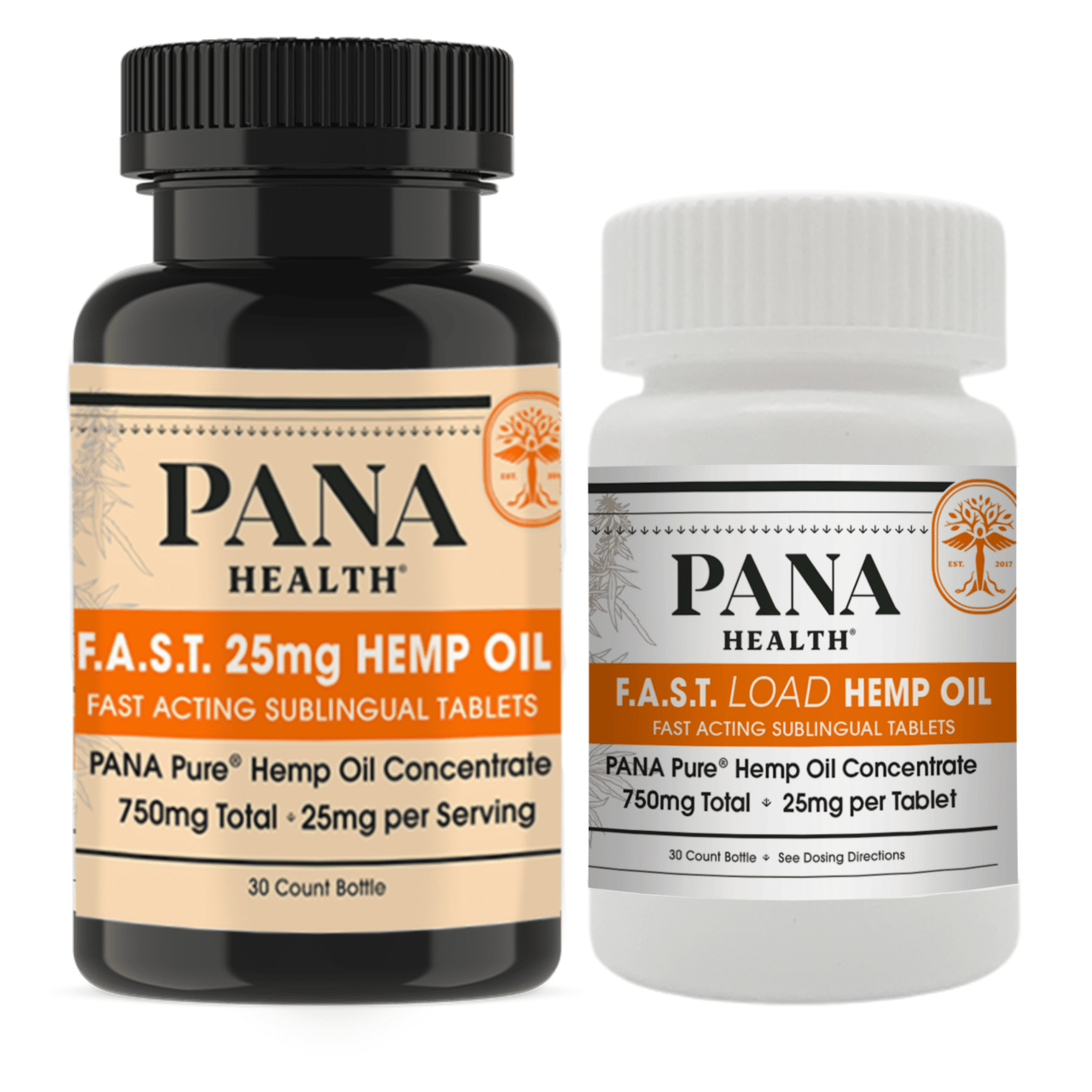
F.A.S.T. + F.A.S.T. Load 25mg CBD Double Pack
$29.95 Add to cart -
Sale!
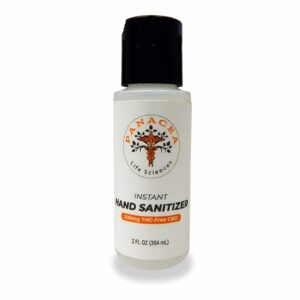
CBD Hand Sanitizer (5 Pack)
Original price was: $49.95.$1.99Current price is: $1.99. Add to cart -
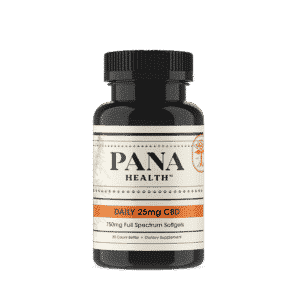
DAILY Full Spectrum CBD Softgels
From: $23.95 Select options This product has multiple variants. The options may be chosen on the product page
CBD vs. THC
Both compounds are part of the Cannabis plant, but high concentrations of THC are only found in Marijuana. The Hemp plant is defined as those varieties that contain less than 0.3% THC, so it cannot create a high. CBD is found in both types of Cannabis; however, the Hemp plant is used more commonly for CBD oil extraction.
Are CBD and THC legal?
In terms of legality, CBD is readily available for purchase in America thanks to the 2018 Farm Bill. The bill included a provision that federally legalized Hemp for agricultural production, so long as it contains no more than 0.3 percent THC, a level that will not do not make the user get high. This allowed the CBD-only industry to take off, and now CBD can be purchased online and in all 50 states.
Marijuana, on the other hand, is legal for sale and consumption in only a handful of states in the U.S. due to its THC content. Although THC containing materials above 0.3% are still considered a Schedule 1 controlled substance by the federal government, medical Marijuana is legal in 33 states, and recreational Marijuana is legal in 11 states plus the District of Columbia.
Eight Scientific Health Benefits CBD Oil
As noted, studies on CBD have proven it can provide relief from many different ailments and symptoms. CBD has also been touted as a supplement for other general health and wellness issues. Despite CBD being somewhat controversial or misunderstood, it is imperative to understand that CBD is considered safe for human use, as it contains zero addictive properties or elements that get you high, such as the THC compound found in Marijuana.
Thus far, scientific research on CBD has demonstrated it has the potential to provide the following benefits to its users:
1. Relieves chronic pain and inflammation
CBD may offer an alternative to moderating some types of chronic pain. Many people who have fibromyalgia have affirmed that they felt relief after using cannabidiol oil. Further studies have proven mechanisms by which cannabidiol oils inhibit inflammatory and neurotic pain. Using an animal model, a study from the European Journal of Pain demonstrated that CBD oil, when applied to the skin, could help lower pain and inflammation as a result of arthritis.
More research is needed to confirm these benefits for humans further. However, many CBD oil users claim that it does reduce pain and inflammation caused by various chronic health conditions.
2. Calms or stops epilepsy
Videos showing the beneficial effects of CBD on children with epilepsy are found all over the internet. Many studies have shown that cannabidiol possesses anti-seizure properties that can effectively treat children with drug-resistant forms of epilepsy. A study published in the New England Journal of Medicine revealed that CBD use reduced the occurrence of seizures by 23 percent over those taking a placebo.
New research has explored using CBD to treat some of the cruelest childhood epilepsy syndromes, such as Dravet syndrome and Lennox-Gastaut syndrome (LGS). Typically, these syndromes do not respond to anti-seizure medicines. However, in many of the research cases, cannabidiol oil decreased the number of seizures the patient suffered and eliminated seizures in others.
In June 2018, the FDA approved Epidiolex, the first cannabis-derived medicine containing cannabidiol, to treat these severe conditions. Epidiolex also happens to be the first FDA-approved drug that contains a purified form of a Marijuana extract. The drug mitigates the seizures and sometimes gets rid of them entirely. Panacea Life Sciences manufactures a similar version of this product since it is naturally produced from the Hemp plant.
3. Reduces oxidative stress
Oxidative stress is caused when the body has an excess of free radicals, which are molecules that contain an uneven number of electrons as well as oxygen. In periods of oxidative stress, the body’s antioxidants are unable to neutralize all the free radicals. This health issue is relatively new due to increased environmental toxicity around the world.
4. Regulates blood pressure
Heart disease is one of the top causes of death in the United States. High blood pressure can cause hypertensive heart disease because it affects how the heart’s arteries and muscles work. High blood pressure increases the amount of work the heart has to do to pump blood throughout the body, which can lead to the heart becoming enlarged. Oftentimes hypertension is associated with an increased risk for stroke and kidney disease. A 2017 study published in JCI Insight revealed that CBD could help regulate blood pressure fluctuations engendered by stress. Thus, CBD may be used as a preventative measure for heart health.
5. Fights multi-resistant bacteria
CBD has the unconventional means to fight certain kinds of bacteria, typically the drug-resistant strains. In one study, CBD was found to be bactericidal against strains of staphylococci and streptococci. A 2011 study showed that cannabidiol could reduce the tuberculosis progression found in rats; however, the study found that this may be because of slowed the increase of T cells. More research is required to better understand cannabidiol’s role in fighting infections.
6. Treats symptoms of Type 1 diabetes
Type 1 diabetes occurs when the body’s immune system attacks the pancreatic cells that produce insulin, which then causes inflammation. Research by Clinical Hemorheology and Microcirculation in 2016 showed that cannabidiol could ease pancreatic inflammation and lowered the occurrences of Type 1 diabetes in mice.
7. Alleviates skin conditions
Numerous studies have proven that CBD can clear up skin issues like eczema by encouraging unconventional cell death. CBD can also regulate excess sebum (oil) production, which helps to prevent acne. Coupled with its anti-inflammatory properties, CBD can be an effective anti-oxidant in skin care, much like vitamins C or E.
8. May slow progression of Alzheimer’s disease
The Journal of Alzheimer’s Disease published a study in 2014, showing CBD can slow the growth of social recognition memory deficit in people in the early stages of Alzheimer’s. This means CBD may help improve their sense of recognizing familiar faces. It is also an effective way to make the symptoms of the disease less intense.
Is CBD oil safe?
CBD oil, to a large extent, has been shown to treat symptoms of many different ailments and is generally regarded as safe (GRAS) for human use. Adverse side effects of CBD are mild and rare, largely depending on dosage levels and the individual user. The side effects may include nausea, fatigue, and irritability. Cannabidiol can also raise levels of coumadin, a blood thinner, or impact levels of other medications in the blood.
However, as demonstrated above, scientific research has shown that cannabidiol helps treat specific ailments and provides relief for other everyday conditions and irritations.
Takeaway
It’s clear from the research on CBD that it interacts positively with the body. CBD oil can provide relief for specific conditions and symptoms while also providing general health and wellness benefits to its users. If you’re considering trying the supplement and you’re on other medication, be sure to consult with your doctor for proper guidance.
References:
Ministry Of Hemp
Drug Abuse
FDA
Health Line
Insight
Springer Link
NCBI
NCBI
NCBI



